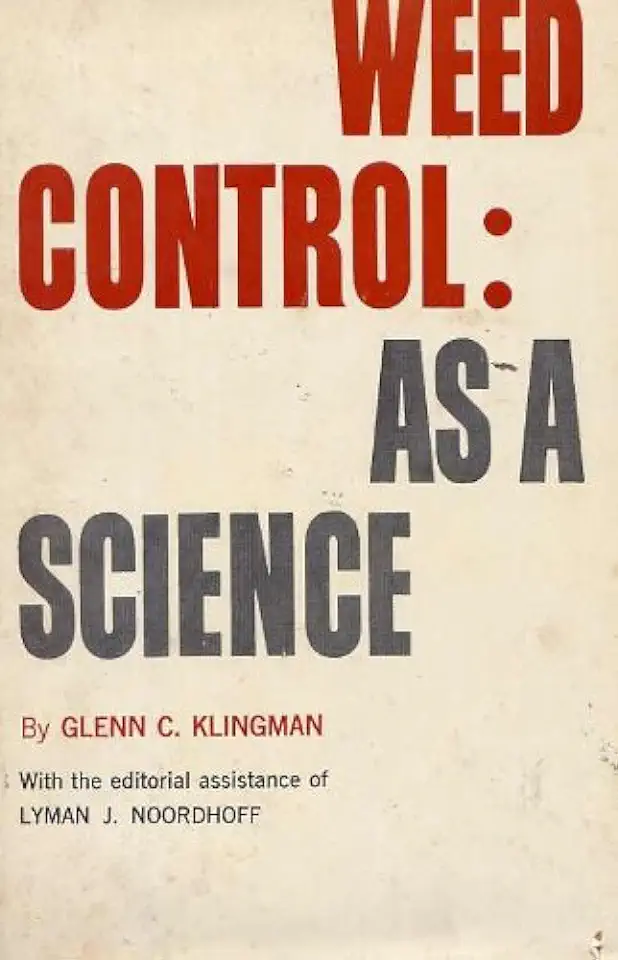
Weed Control: as a Science - Glenn C. Klingman
Weed Control: As a Science by Glenn C. Klingman
A Comprehensive Guide to Weed Management
In the ever-changing world of agriculture, weed control remains a constant challenge. Weeds compete with crops for water, nutrients, and sunlight, reducing yields and increasing production costs. Glenn C. Klingman's seminal work, "Weed Control: As a Science," provides a comprehensive and scientific approach to weed management, offering invaluable insights and practical strategies for effective weed control.
Understanding Weed Biology and Ecology
Klingman begins by delving into the fundamental principles of weed biology and ecology. He explores the various factors that influence weed growth and spread, including seed production, dispersal, and germination. This knowledge is crucial for developing targeted and sustainable weed control strategies.
Chemical Weed Control
Chemical weed control is a widely used method for managing weeds in agricultural systems. Klingman provides a thorough overview of the different types of herbicides, their modes of action, and their application techniques. He also discusses the importance of herbicide resistance management and the environmental implications of chemical weed control.
Non-Chemical Weed Control Methods
In addition to chemical control, Klingman explores a range of non-chemical weed control methods, including cultural practices, mechanical control, and biological control. He emphasizes the importance of integrating multiple weed control methods for effective and sustainable weed management.
Case Studies and Real-World Applications
To illustrate the practical application of weed control principles, Klingman presents several case studies from different agricultural systems. These case studies highlight the challenges and successes of weed management in various crops and environments.
Environmental Stewardship and Sustainable Weed Management
Klingman concludes by emphasizing the importance of environmental stewardship and sustainable weed management practices. He discusses the potential impacts of weed control on biodiversity, soil health, and water quality. By adopting sustainable weed management practices, farmers can minimize these impacts and protect the environment.
Why You Should Read This Book
"Weed Control: As a Science" is an essential resource for anyone involved in agriculture, horticulture, or weed science. Glenn C. Klingman's expertise and insights provide a solid foundation for understanding weed biology and ecology, and for developing effective and sustainable weed control strategies. Whether you are a student, a researcher, or a practitioner, this book is a must-read for anyone seeking to improve weed management practices and increase crop yields.
Purchase Your Copy Today!
Don't miss out on this opportunity to gain valuable knowledge and insights into weed control. Order your copy of "Weed Control: As a Science" today and take the first step towards more effective and sustainable weed management practices.